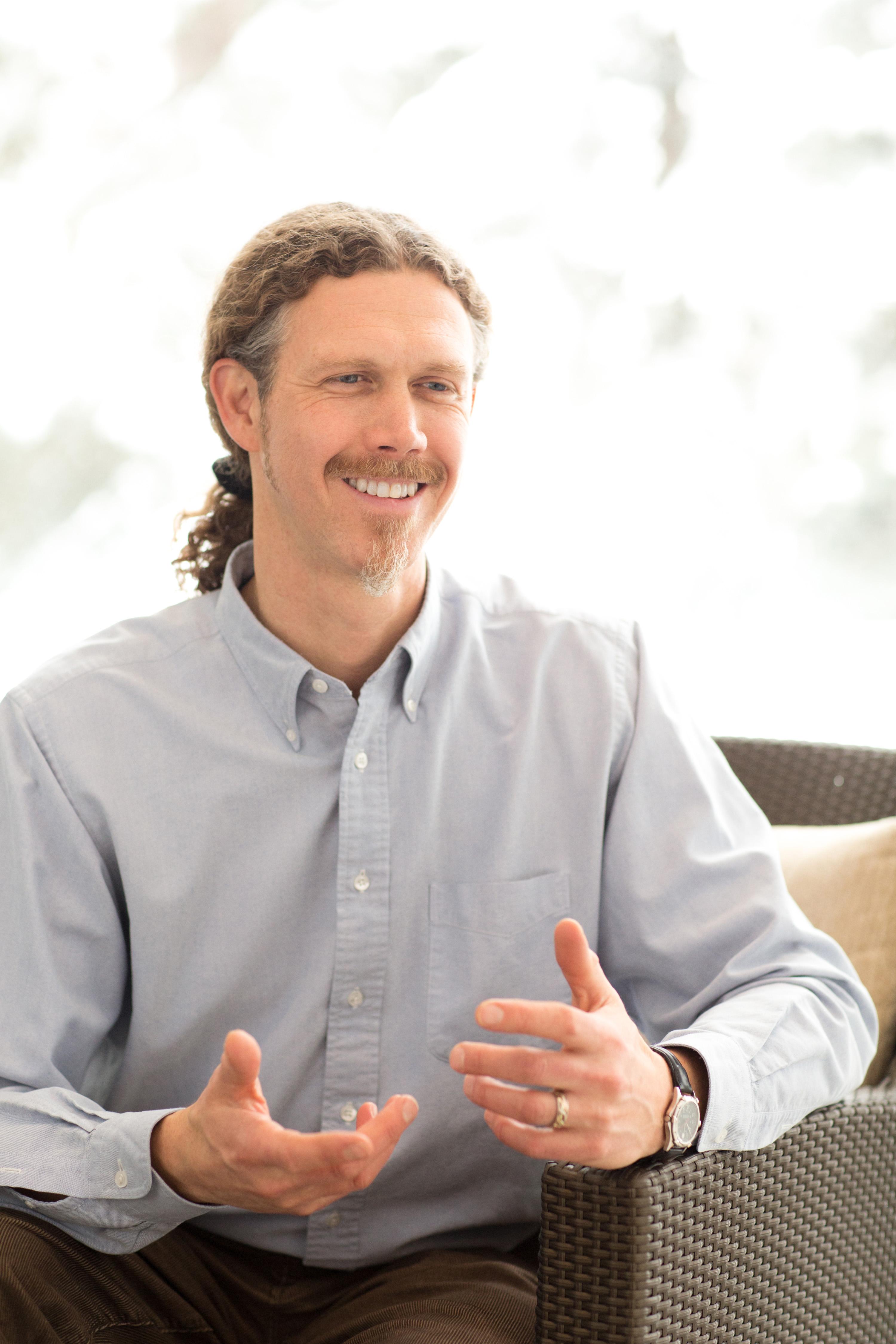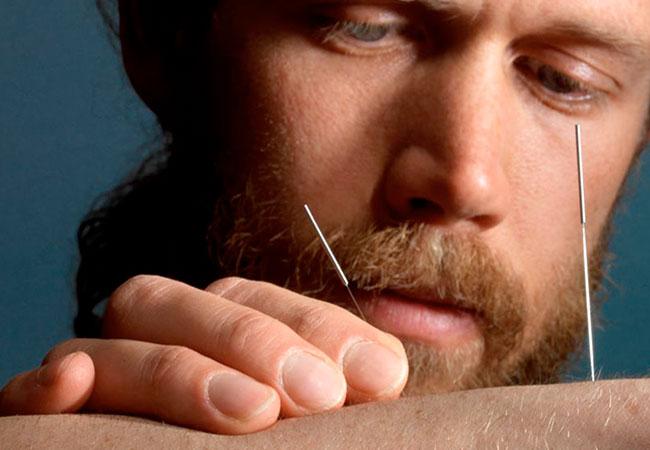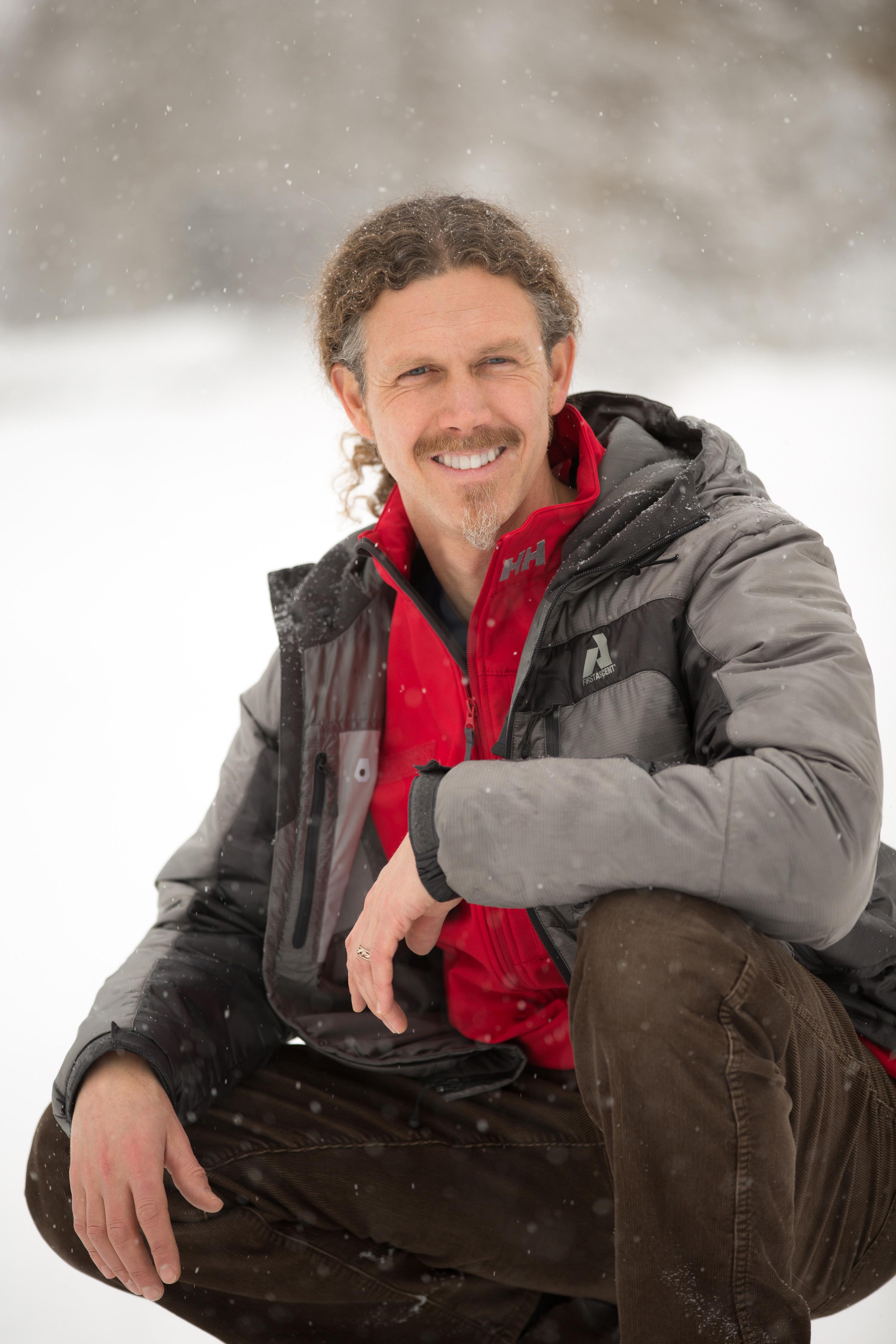

The three pillars of my practice of integrative medicine.

- Western allopathic medicine (in the outpatient clinic and inpatient hospital settings)
- Acupuncture and Chinese herbal medicine
- Functional medicine (a science-based, patient-centered holistic model of care based in systems theory and addressing the complex web of interactions between genome, environment, and lifestyle in the prevention and management of complex chronic disease).
My training and clinical experience are broad, and my interests are varied and focused on the delivery of a high level of care that includes thorough consideration of the causes of disease or wellness, of the possible harm or benefit of a particular evaluation or treatment, and of the context within which I pursue an evaluation or treatment.
My allopathic training came first. I went to the University of North Carolina at Chapel Hill School of Medicine and completed the Fort Collins Family Medicine Residency Program in Colorado. While in medical school, I developed an interest in “alternative medicine” and first learned of other physicians with similar paths, including Dr. Andrew Weil whose book Spontaneous Healing I first read in 1996. While in residency in 1999, I met three physician acupuncturists and decided to follow their paths to UCLA. Through the UCLA School of Medicine Office of Continuing Education, I trained in medical acupuncture under Joseph Helms, MD. After finishing residency, I spent two years working in a multidisciplinary integrative medicine practice in Fort Collins, CO, alongside two functional medicine physicians, and several excellent alternative medicine professionals from various fields including chiropractics, massage, classical homeopathy, spiritual counseling, and Rolfing. At the same time, I was working for several rural emergency rooms 2-4 days per month. I began attending functional medicine lectures, learning from Linus Pauling Fellow and functional medicine pioneers Jeffrey Bland, PhD and David Jones, MD. I studied Chinese modular herbal prescription under the direction of Anastacia White, master herbalist and colleague of Giovanni Maciaocia and Ted Kaptchuk.
In 2002, I moved to the remote rural area of northeastern California in a town near Lassen Volcanic National Park (Chester, CA). I joined a small hospital medical staff and practiced emergency medicine 4-6 days per month as well as outpatient clinic and inpatient hospital medicine that included acupuncture, modular Chinese herbal prescription, and functional medicine. I studied with the CancerGuides program (by the Center for Mind-Body Medicine and the National Cancer Institute) and the Applying Functional Medicine in Clinical Practice course (by the Institute for Functional Medicine). I helped to sponsor the development of the first edition of the Textbook of Functional Medicine. I worked closely with our regional oncologists to improve cancer patient outcomes. I also worked with one of our regional referral hospitals (Enloe Medical Center in Chico, CA) to develop an inpatient lay-acupuncturist program. An initial pilot project in the Cardiothoracic Surgery recovery unit was followed by full implementation there and in the Enloe Cancer Center, as well.
In 2008, I moved to Hailey/Ketchum, ID and joined St. Luke’s where I continued practicing integrative medicine in the clinic and hospital settings, overseeing the hospital Integrative Therapies Service. In 2016, while continuing to practice inpatient medicine at St Luke’s, I moved my outpatient practice of medicine into private practice in Ketchum and created the Direct Primary Care practice known as InnerHealth MD.
Click edit button to change this text.
